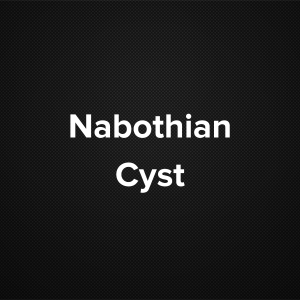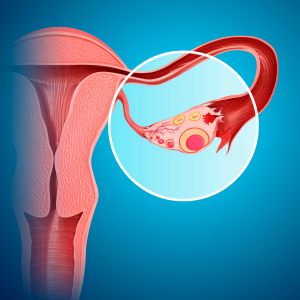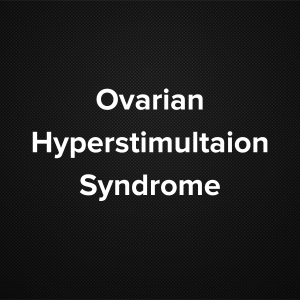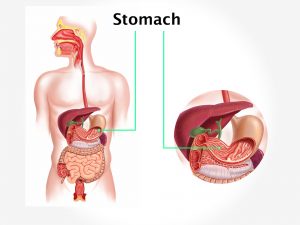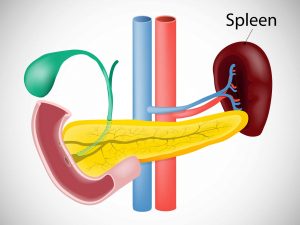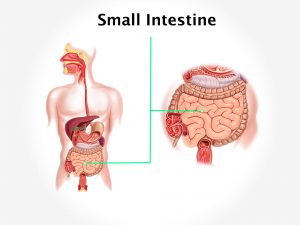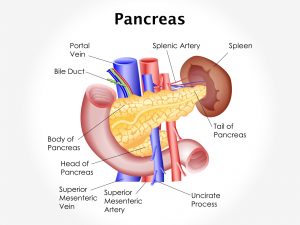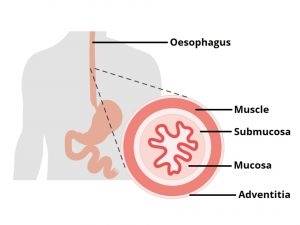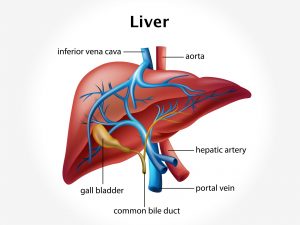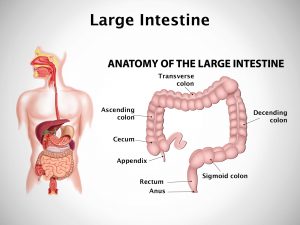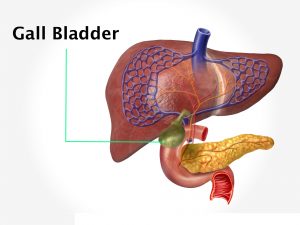Causes and risk factors
During pregnancy, reduced flow of bile from gall bladder to intestine leads to cholestasis. This bile leaks into the blood stream causing various signs and symptoms. The exact cause is unknown. Hormonal factors are responsible for the condition. Increased levels of oestrogen and progesterone can cause this condition. Obstetric cholestasis stasis is common in women with multiple pregnancies. Genetic factors include – having family history of obstetric cholestasis or history of cholestasis during previous pregnancy. Two main types of Cholestasis of pregnancy occur – acute or chronic. Sudden occurrence of blockage of bile flow is called acute while progressive slowing of the bile flow is called chronic cholestasis.
Clinical presentation
It occurs in last trimester of pregnancy. Itching is marked symptom in Cholestasis of pregnancy. Intense itching especially on palms of hands and soles of feet is common. Itching affects the mood. The patient is irritable and complaints of disturbed concentration and sleep. There may be hepatospleenomegaly. Dark colored urine, light coloured faeces is observed. Yellowish discolouration of skin, sclera is seen [jaundice]. Fever, malaise, tiredness, loss of appetite, nausea, vomiting may be accompanied symptoms.
Investigation
Medical history by the patient and Clinical examination by the doctor helps in diagnosis. Lab investigations include Liver function test, Kidney function test, lipid profile. Routine haemogram is advised. Imaging studies such as X ray abdomen, USG abdomen is useful. Non stress test, foetal heart sounds [FHS] are recommended for foetal well being.
Treatment
Supportive care is given in the form of symptomatic treatment. Patient is advised to immerse the parts that itch into luke warm water to relieve itching. Medications to reduce levels of bile in the blood stream are prescribed. It is necessary to induce labour at full term to prevent further complications like passing of meconium by foetus during birth.
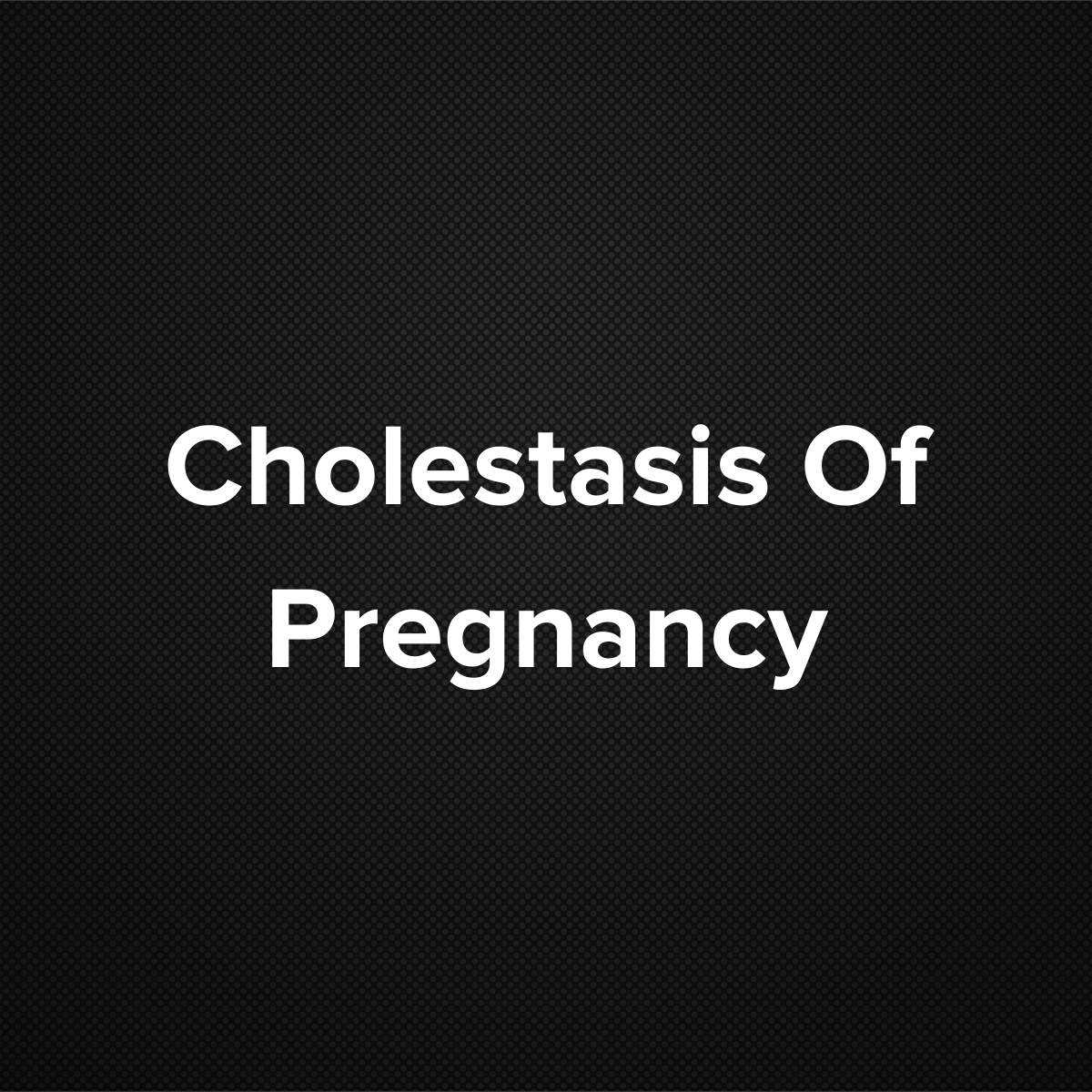
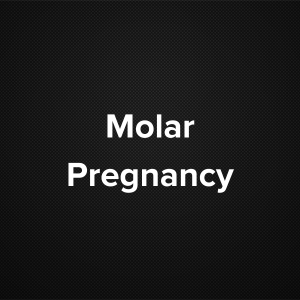

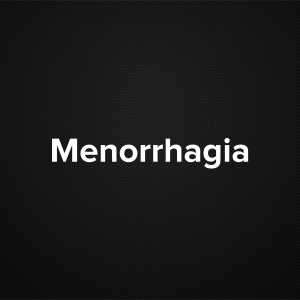
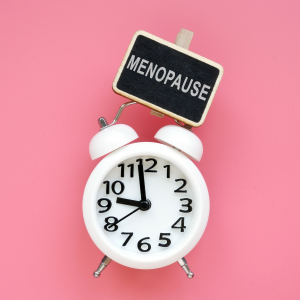
![Lobular Carcinoma In Situ [LCIS]](https://moho.loopshell.com/read/wp-content/uploads/2022/01/Lobular-Carcinoma-In-Situ-Lcis-300x300.png)
